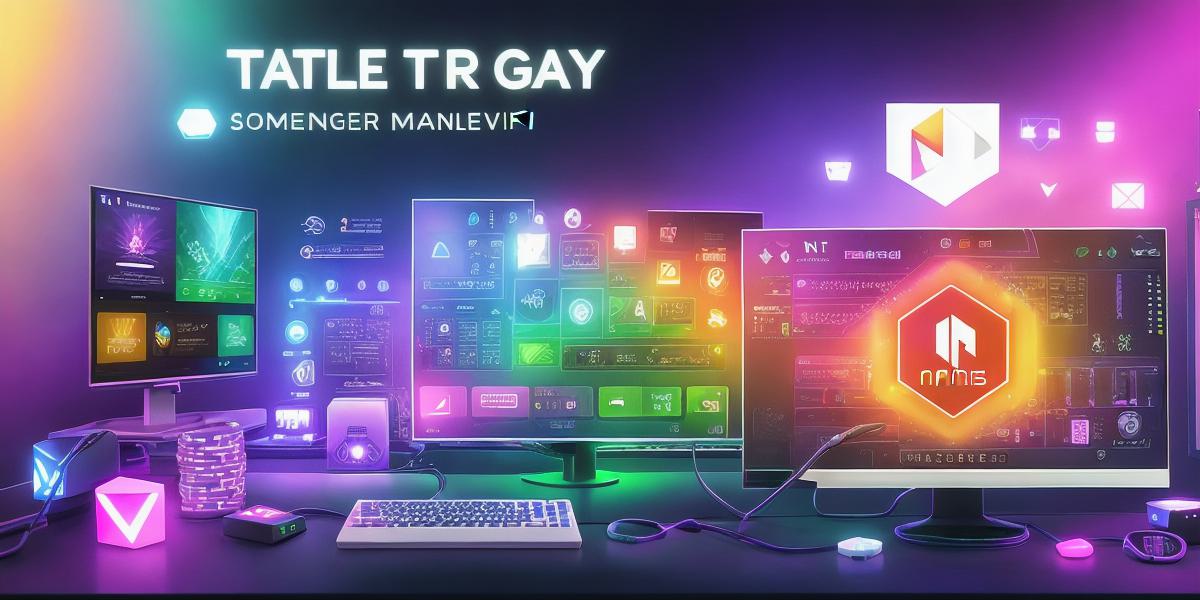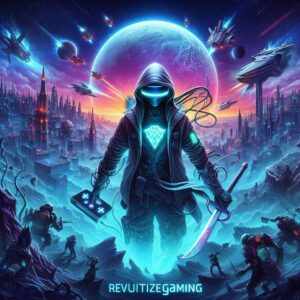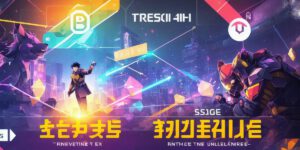The gaming industry has been evolving rapidly in recent years, with new technologies and platforms transforming the way games are developed and played. One of the most exciting developments in this space is the emergence of Non-Fungible Tokens (NFTs), which have the potential to revolutionize the way we think about ownership, scarcity, and value in gaming. In this article, we will explore the significance of NFTs in the gaming industry and how they impact the concept of ‘Game LOCC.’
What are NFTs?
NFTs are digital assets that are unique and cannot be replaced or exchanged for other items of equal value. They can represent anything from art and collectibles to in-game items and virtual real estate. The unique nature of NFTs makes them highly valuable, as they can be bought, sold, and traded like traditional commodities.
The Significance of NFTs in Gaming
NFTs have the potential to transform the gaming industry in several ways. Firstly, they provide a new way for players to own and value in-game items, which can be bought, sold, and traded like traditional assets. This creates a new economy within games, with players able to profit from their collection of rare and valuable items.
Secondly, NFTs can be used to create unique and limited edition gaming experiences. For example, a game developer could create an NFT that represents a rare in-game item, such as a legendary weapon or a powerful character. These items can only be obtained through gameplay or by purchasing them using cryptocurrency. This creates a sense of exclusivity and scarcity that can drive demand and increase the value of the NFT.
Thirdly, NFTs can be used to create new revenue streams for game developers. By selling NFTs related to their games, developers can generate additional income without having to rely on in-app purchases or advertising. This can help them fund future game development and create more engaging and immersive gaming experiences for players.
The Impact of NFTs on Game LOCC
Game LOCC is a term used to describe the idea that games should be designed with an eye towards long-term engagement and retention. The goal of Game LOCC is to create games that players will continue to play and enjoy over time, rather than just playing for a short period before moving on to the next game.
NFTs have the potential to enhance Game LOCC by creating a sense of ownership and value around in-game items. When players own unique and valuable items, they are more likely to invest time and effort into the game, as they want to protect and maintain their assets. This can lead to increased engagement and retention, which is the ultimate goal of Game LOCC.
Real-Life Examples
There are already several examples of NFTs being used in gaming. One popular example is the Cryptokitties game, which uses NFTs to represent unique digital cats that can be bought, sold, and bred like traditional pets. Another example is the Decentraland game, which uses NFTs to represent virtual real estate that players can buy, sell, and develop within the game world.
Conclusion
In conclusion, NFTs have the potential to revolutionize the gaming industry in several ways. By providing a new way for players to own and value in-game items, creating unique and limited edition gaming experiences, and generating additional revenue streams for game developers, NFTs can enhance Game LOCC and create more engaging and immersive gaming experiences for players. As the adoption of NFTs continues to grow, we can expect to see even more exciting developments in the gaming industry in the years to come.



